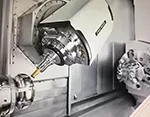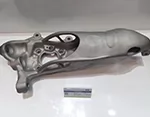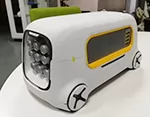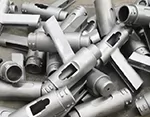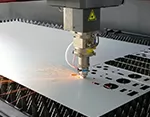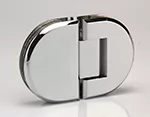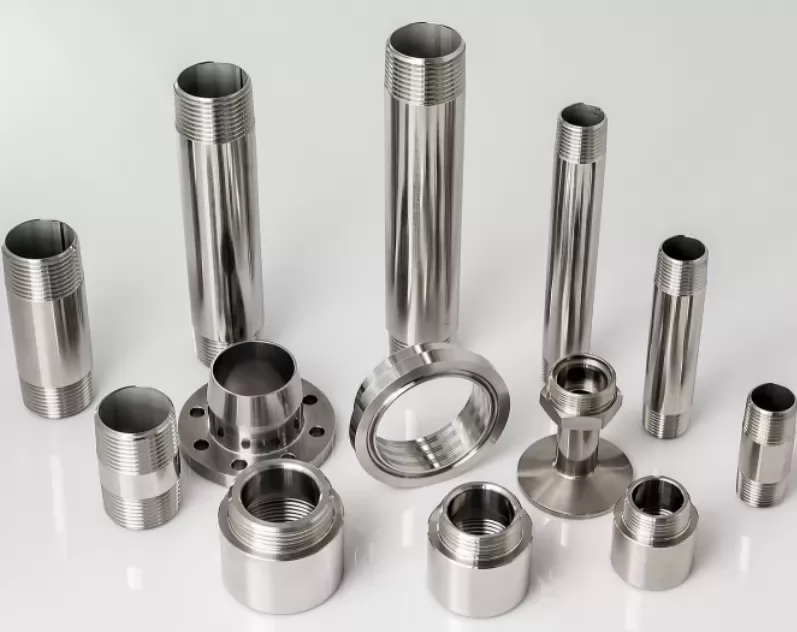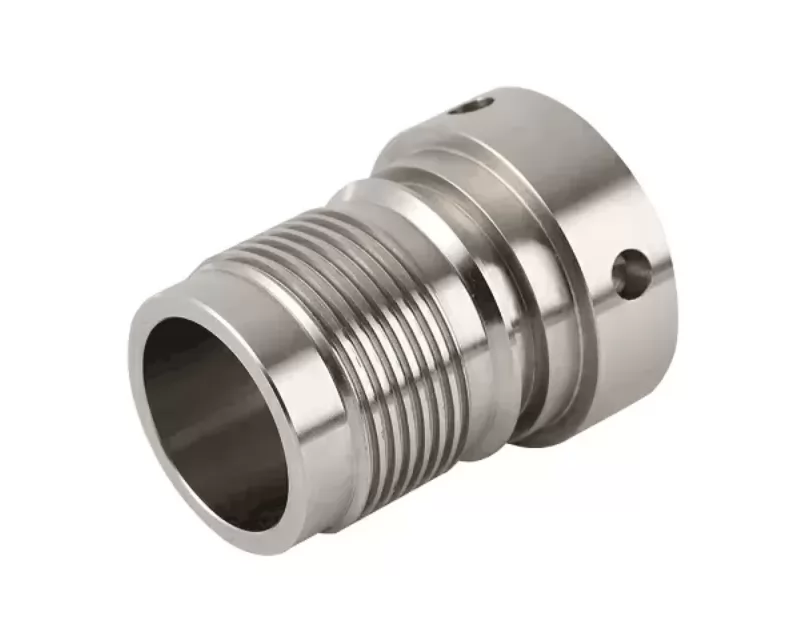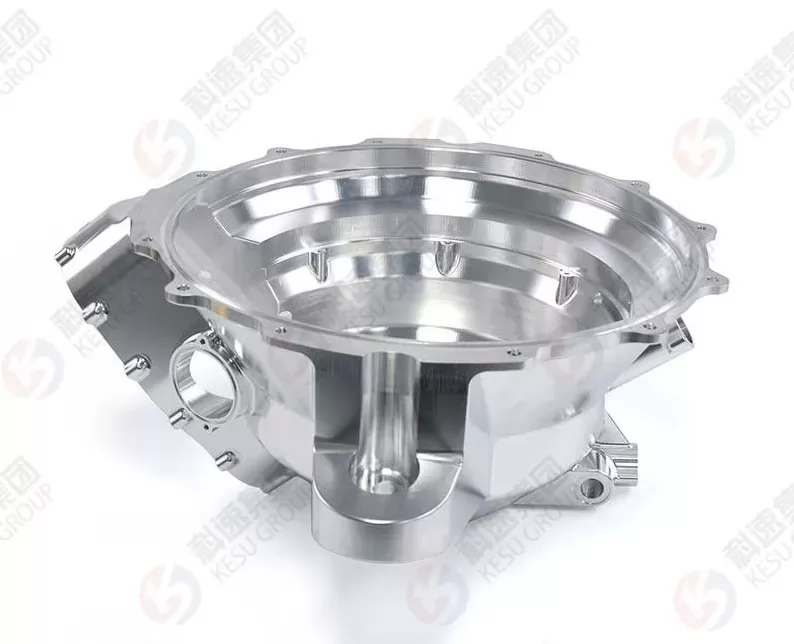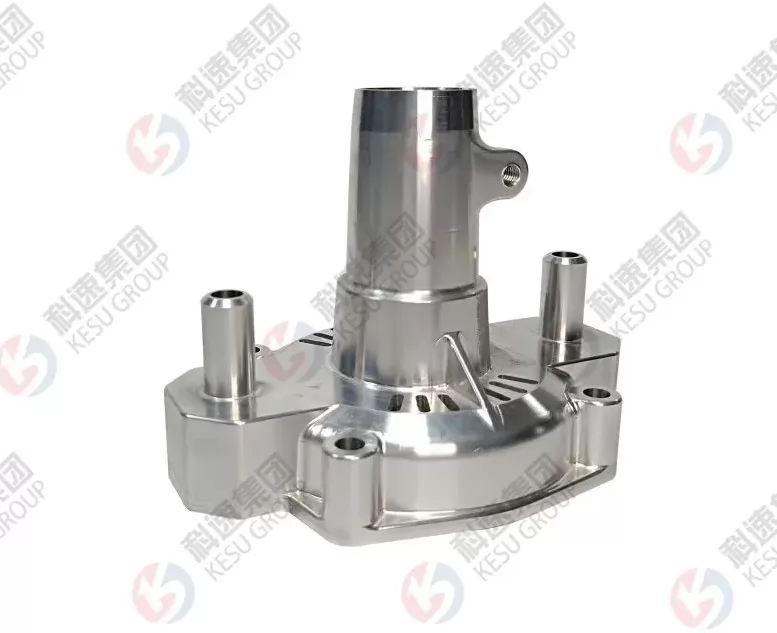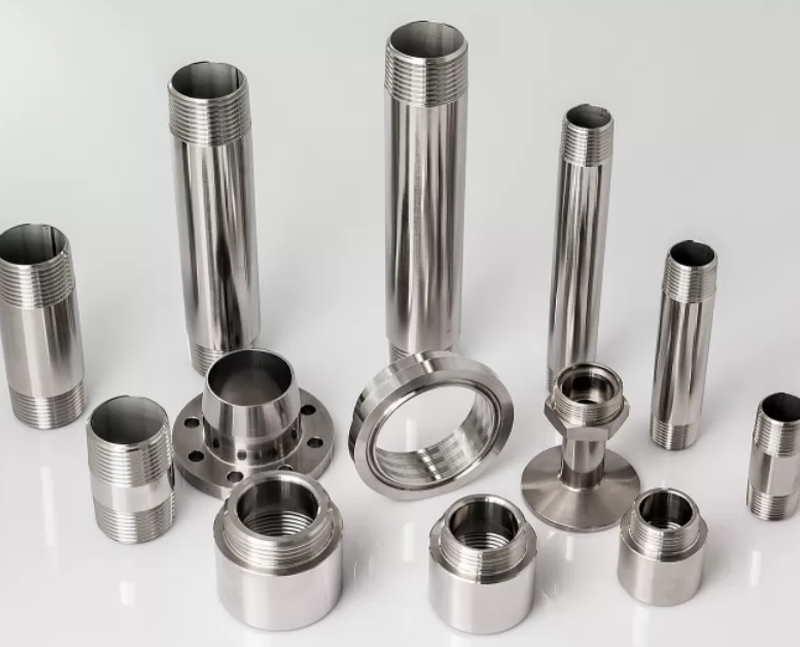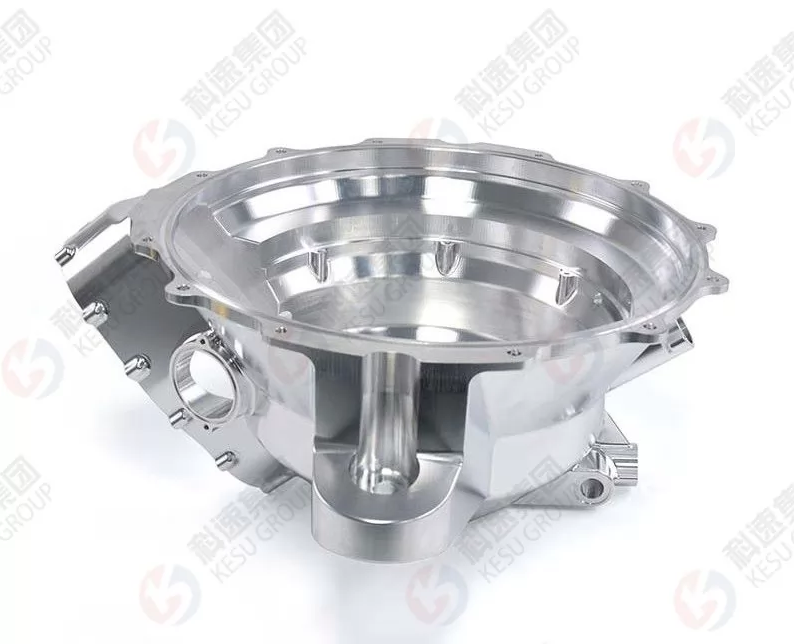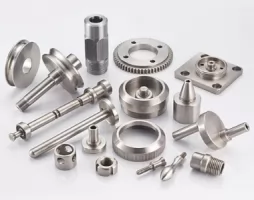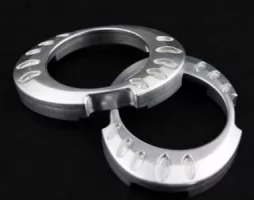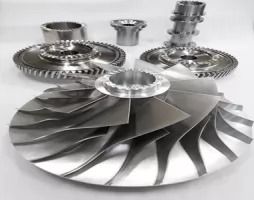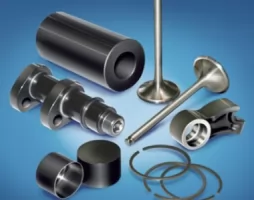-
Service
+
- CNC Precision Machining Service +
- Multi-Axis Simultaneous Machining Service +
- CNC Turning Service +
- Metal 3D Printing Service +
- Rapid Prototyping Service +
- Die Casting Service +
- Sheet Metal Fabrication Service +
-
Finish Serivces
+
- Polishing
- Grinding
- Brushed Finish
- Sand blasting
- Painting
- Powder Painting
- Anodizing
- Hard anodizing Service
- Passivation
- Zinc Plating
- Nickel Plating
- Chrome Plating
- Blackening
- Black Zinc Plating
- Teflon Coating
- Titanium Coating
- DLC Coating
- Laser Marking
- Silk Screen Printing
- Transfer Printing
- Micro Arc Oxidation
- Industries +
- About Us +
- Resource +
- Contact Us
- Quote

-
Service
-
>
-
>
-
>
-
>
-
>
-
>
-
>
-
>
-
- Industries
- About Us
- Resource
- Contact Us
What Are the Advantages of CNC Machining?
The fourth industrial revolution is about faster speeds, greater efficiency and considerations for sustainability.The fourth industrial revolution is about faster speeds, greater efficiency and considerations for sustainability.
The fourth industrial revolution is about faster speeds, greater efficiency and considerations for sustainability. In this context, automation will continue to play a key role in manufacturing activities, while modern, data-driven tools and equipment such as CNC lathes and CNC machining will drive innovation.
As a culmination of such high paced activities, precision turned components will provide companies with a competitive advantage by enabling complex designs, introducing structural advantages and making profitable parts that cannot be replicated by any other manufacturing method. In this context, let us look at the various advantages offered by precision-turned parts.
Faster and more efficient production
When using milling machines, one can operate them at the fastest possible settings to meet the increasing demand. In addition, as already mentioned, these machines can run tirelessly and uninterruptedly 24 hours a day, 7 days a week, without any trade-offs.
Such a facility, combined with the fact that the machines will still maintain high precision and not waste any material resources, makes them one of the best ways to produce quickly, efficiently and scalably without any cost liability.
Faster assembly
By decoupling production capacity from the number of employees required, the efficiency of manufacturing units can be increased by transferring human resources to the assembly line. Manual assembly lines are known to be more efficient in high-volume environments, where the assembly of products is complex and requires specialist skills that cannot be replicated by machines.
In addition, the high precision turning of components allows for the seamless assembly of parts, which allows the assembly line to flow freely without any interruptions.
Zero defects and greater accuracy
Because precision lathes operate autonomously and without any human intervention, they avoid the possibility of human error creeping into the manufacturing process and leading to defects. By managing the code and software programs for the end-to-end process, the machines can provide greater accuracy without any defects.
In addition, these inputs remain virtually constant throughout the production process, cycle after cycle, unless intentionally changed, which also maintains the consistency of the final product. In addition, these machines can run uninterrupted for long periods of time without compromising the quality of the jobs produced.
Enhanced personnel safety
CNC machines isolate the machine from humans and reduce the risk of being present in other ways.
These machines can be run without an operator, thus limiting the possibility of accidents and reducing the risk to life and limb. Modern CNC machines are so powerful that they can even change tools automatically! Even if the design changes, it can be activated by changing the software without having to come into contact with the machine or a person.
Human intervention is therefore limited to a supervisory role, where they can remotely monitor the execution of software programs and preventive or reactive maintenance to avoid malfunctions, thus minimising the need for involvement and making the workplace safer.
CNC machining produces virtually no waste
The software programs run by CNC machines are iteratively optimised to develop the best methods for turning parts without waste. These codes can also be simulated to check the effectiveness of the management program before putting it into practice.
As a result, the final CAD-CAM model will produce results and deliver value from the first cycle, rather than a trial and error method of design improvement.
Furthermore, because all precision milling machines run on repeatable software programs that use fixed tools along a fixed route, they can make clever use of the available raw materials. As a result, most highly advanced CNC machines can help manufacturers to significantly reduce waste.
Reduced energy consumption
The oil and gas, petrochemical, aerospace, automotive and other industries are known to be energy intensive due to the losses involved. However, the introduction of CNC machines allows them to remain scalable and accurate without tying up limited resources such as energy and labour.
In addition to injecting sustainability, they also attempt to reduce any energy losses that may occur due to poor or improper planning, thus saving even more energy.
CNC machining can reduce production costs
With the above advantages in mind, it is intuitive to see how precision turning of parts using CNC machines can significantly reduce production costs. Firstly, it increases the efficiency and scalability of production and assembly without wasting material.
Likewise, it reduces energy consumption and saves on these recurring operating costs. At the same time, it alleviates any financial liability arising from accidents and incidents. All in all, it is one of the most comprehensive ways to make your operations cost effective without compromising on processes or quality.
Conclusion
By far, it is clear that CNC machines produce precision turned parts far better than manual parts. What's more, they have a range of additional benefits that can provide companies with a competitive edge and help them stay ahead of the game using differentiators such as high quality, zero defects and low environmental impact.
Are you interested in learning more about CNC machining and how they can benefit you? Contact us today to secure an expert consultation!

